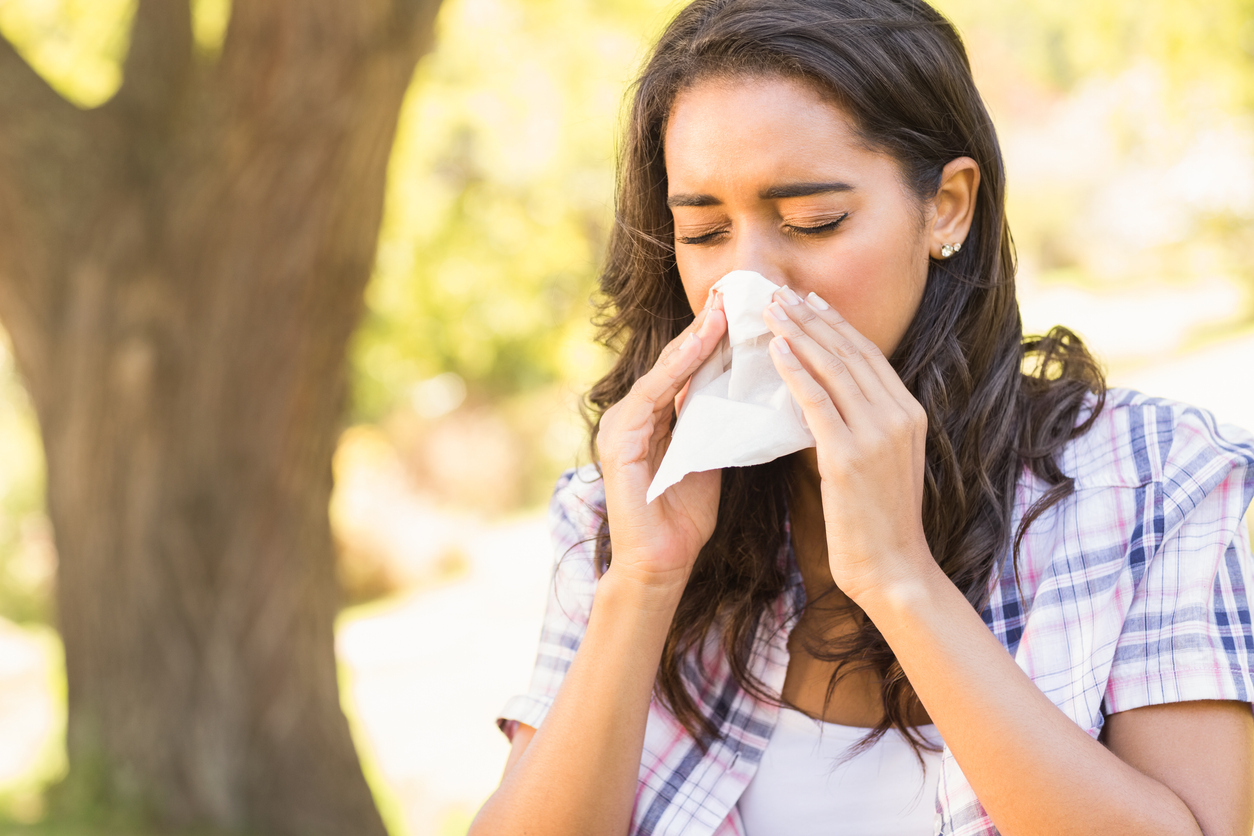What Are Grass Pollen Allergies?
Grass pollen allergies are a common form of allergies to the pollen in grasses. It can cause a runny and/or stuffy nose, itchy and/or red eyes, coughing, and/or sneezing.
As the name implies, grass pollen allergies are not caused by the grass itself, but rather by the invisible pollen that grasses release.
When Are People Affected by Grass Pollen Allergies?
Grass pollen allergies primarily strike during winter, spring, and early summer from January through July.
What Can I Do?
Get an allergy test. At Health Circle, we offer allergy tests so you can determine whether you have grass pollen allergies, or something else is to blame from your symptoms.
Avoid grass pollen. Close windows and doors during winter, spring, and early summer. Wear a mask when you are outside, working on your lawn or garden.
Take antihistamines. Both oral antihistamines (Zyrtec, Allegra, Claritin, Benadryl, etc.) and nasal antihistamines (Flonase, Nasacort, Nasonex, etc.) can be effective in treating grass pollen allergies.




